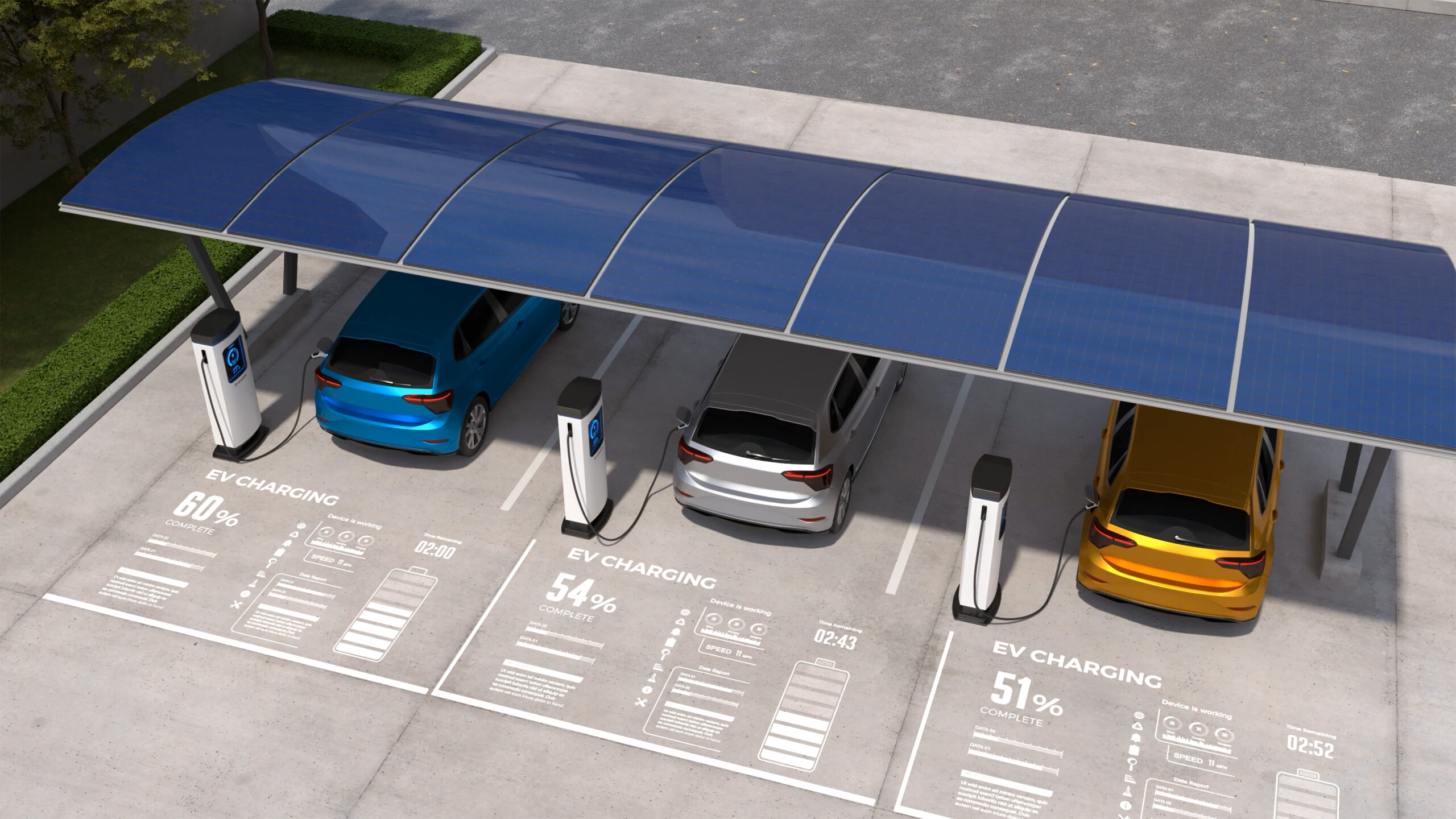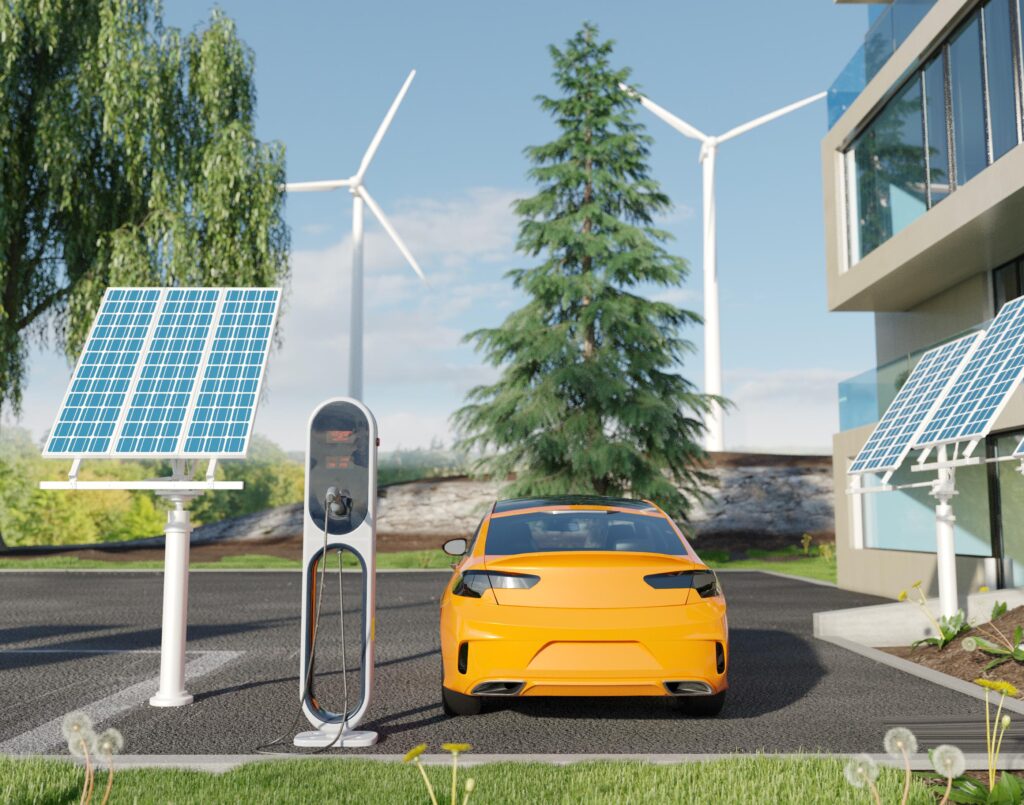
- 54 views
By andrew
With the increasing focus on renewable energy sources, many environmentally conscious individuals are exploring the possibility of using solar panels to charge their electric vehicles (EVs). The concept of using clean, sustainable energy to power your car is undoubtedly appealing, but the practicality and feasibility of solar charging deserve careful consideration. In this article, we’ll explore whether solar panels can effectively charge your electric car.
- Solar Panel Basics:
- Solar panels convert sunlight into electricity through photovoltaic cells. The generated electricity is then stored in batteries or fed into the grid for later use.
- Charging a Stationary EV:
- If your electric car is parked for extended periods, such as at home or work, integrating solar panels into a stationary charging setup becomes more feasible. By installing a solar carport or rooftop solar panels, you can generate electricity during the day to charge your EV when needed.
- On-Board Solar Panels:
- Some electric cars come equipped with on-board solar panels integrated into the roof or other surfaces. While these built-in panels may contribute a small amount of energy, they are generally not sufficient to fully charge the vehicle. They serve more as a supplementary power source to extend driving range.
- Energy Storage Solutions:
- Combining solar panels with energy storage solutions, such as home battery systems, allows you to store excess solar energy for later use. This can be especially useful during nighttime or cloudy days when solar production is limited.
- Challenges and Considerations:
- Despite the appeal of solar-powered charging, there are challenges to consider. The energy generated depends on sunlight availability, weather conditions, and the efficiency of the solar panels. In regions with inconsistent sunlight, relying solely on solar power may not be practical.
- Cost Considerations:
- The initial cost of installing solar panels and associated equipment can be a significant investment. However, over time, it may result in cost savings as you reduce your dependence on grid electricity.
- Grid-Tied Systems:
- Some solar installations are grid-tied, allowing you to feed excess energy back into the grid in exchange for credits. This approach provides flexibility and ensures a continuous power supply even when solar production is insufficient.
- Environmental Impact:
- Choosing solar panels aligns with environmentally friendly practices, as they harness a clean and renewable energy source. By reducing dependence on traditional power sources, you contribute to a lower carbon footprint.

While the idea of using solar panels to charge an electric car is enticing, the practicality depends on various factors, including your location, sunlight availability, and the specific setup of your electric vehicle. Integrating solar panels into a stationary charging solution or considering on-board solar options can enhance your EV’s environmental friendliness. However, it’s essential to carefully assess the upfront costs, consider energy storage solutions, and acknowledge the limitations of solar charging in certain weather conditions. As solar technology continues to advance, the prospect of sustainable, solar-powered transportation becomes increasingly promising.
